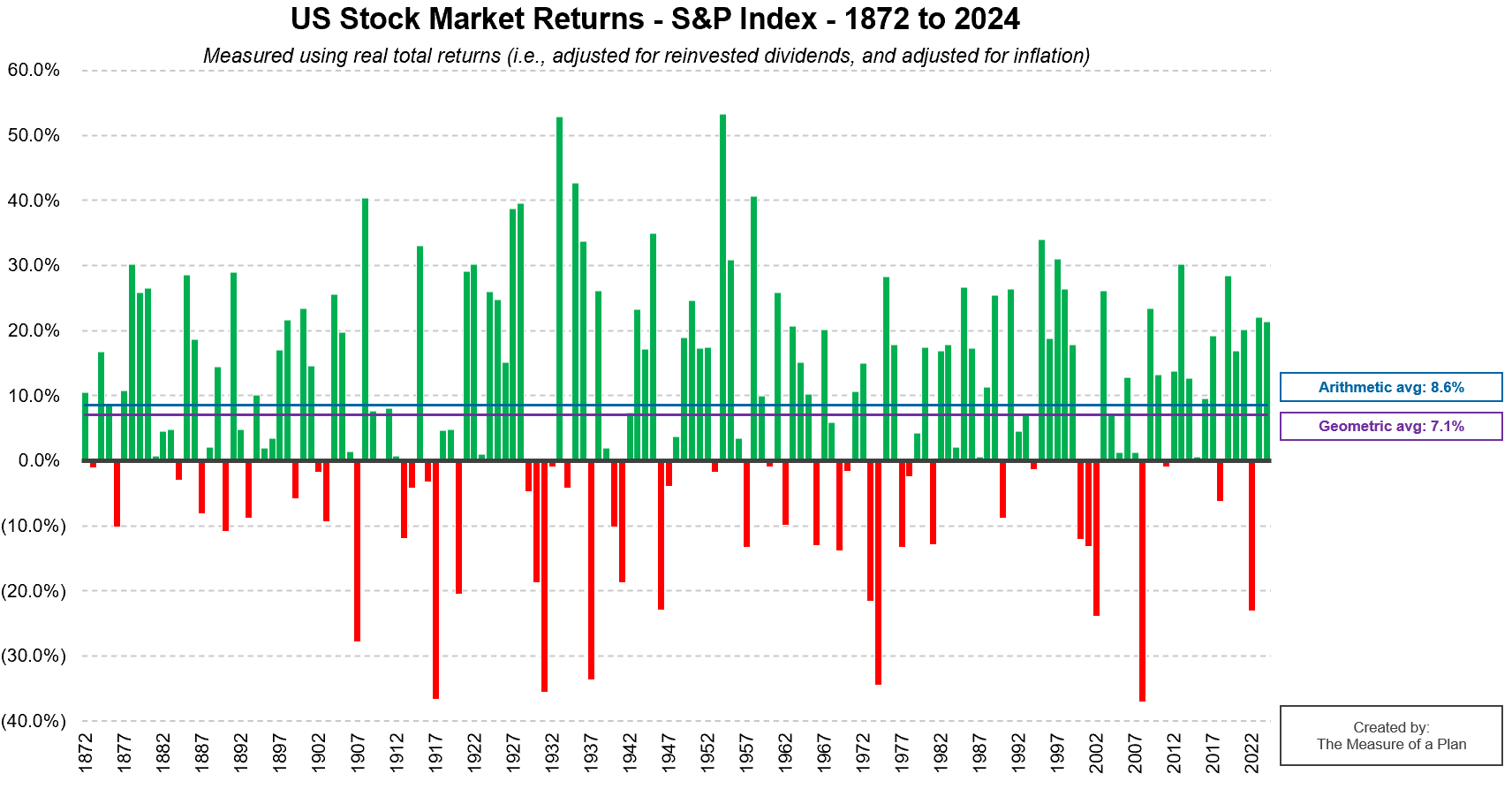- Joined
- May 2, 2023
- Messages
- 5,562
- Reaction score
- 11,085
- Location
- Dallas, TX
- Gender
- Male
- Political Leaning
- Slightly Liberal
With tariffs staring us in the face and a bad jobs report, why is the stock market still hitting highs? In case you're wondering, this is from Marketwatch.
Mark Hulbert
Investors are in denial about tariffs’ impact on corporate profits and inflation. The truth is that if companies choose to absorb tariffs, profit margins shrink. If they pass the tariffs along, inflation heats up. It’s hard to see how financial markets can escape the horns of this dilemma. That said, several factors have been working together to postpone the impact of tariffs. But this grace period looks to be about done.
Why has the U.S. stock market so far been mostly able to ignore this inconvenient truth? Because it hasn’t shown up fully in the data. For example, the blended net profit margin for the S&P 500 for the second quarter was 12.8%, according to FactSet — above the previous quarter’s net profit margin of 12.7% and higher than the year-ago net profit margin of 12.2%.
This implies that corporations preserved profit margins by passing along the tariffs in the form of higher prices. Yet the latest inflation numbers don’t show a big uptick since “liberation day” tariffs were announced in early April. As recently as June, many market analysts were predicting that the second quarter would show either lower profit margins or significantly higher inflation. “Neither of the above” was not given serious consideration, and yet that’s what happened. “Who woulda thunk it at the start of the [second] quarter?” Howard Silverblatt, senior index analyst at S&P Dow Jones Indices, wrote in an email.
One big factor helping support stocks has been the timing of imports. Anticipating that tariffs would soon be announced, companies in the first quarter imported much more than they needed, enabling them in the second quarter to sell at pre-tariff prices. This is why GDP was reported to have contracted in the first quarter. But for the inventory buildup, GDP would have grown. Crucially, inventory buildup can’t delay the inevitable more than a few months. Silverblatt said that he expects margins to be lower in the third quarter, “as the tariff costs are passed along to consumers and inventories are replenished at a higher rate.”

 www.marketwatch.com
www.marketwatch.com
Denial is driving the stock market higher — but what’s coming next can’t be ignored
The truth about tariffs? They’ll hit company profits or bring us higher inflation — maybe both.
ByMark Hulbert
Investors are in denial about tariffs’ impact on corporate profits and inflation. The truth is that if companies choose to absorb tariffs, profit margins shrink. If they pass the tariffs along, inflation heats up. It’s hard to see how financial markets can escape the horns of this dilemma. That said, several factors have been working together to postpone the impact of tariffs. But this grace period looks to be about done.
Why has the U.S. stock market so far been mostly able to ignore this inconvenient truth? Because it hasn’t shown up fully in the data. For example, the blended net profit margin for the S&P 500 for the second quarter was 12.8%, according to FactSet — above the previous quarter’s net profit margin of 12.7% and higher than the year-ago net profit margin of 12.2%.
This implies that corporations preserved profit margins by passing along the tariffs in the form of higher prices. Yet the latest inflation numbers don’t show a big uptick since “liberation day” tariffs were announced in early April. As recently as June, many market analysts were predicting that the second quarter would show either lower profit margins or significantly higher inflation. “Neither of the above” was not given serious consideration, and yet that’s what happened. “Who woulda thunk it at the start of the [second] quarter?” Howard Silverblatt, senior index analyst at S&P Dow Jones Indices, wrote in an email.
One big factor helping support stocks has been the timing of imports. Anticipating that tariffs would soon be announced, companies in the first quarter imported much more than they needed, enabling them in the second quarter to sell at pre-tariff prices. This is why GDP was reported to have contracted in the first quarter. But for the inventory buildup, GDP would have grown. Crucially, inventory buildup can’t delay the inevitable more than a few months. Silverblatt said that he expects margins to be lower in the third quarter, “as the tariff costs are passed along to consumers and inventories are replenished at a higher rate.”

Denial is driving the stock market higher — but tariffs will soon take their toll
The truth about tariffs? They’ll hit company profits or bring us higher inflation — maybe both.
Last edited by a moderator:



